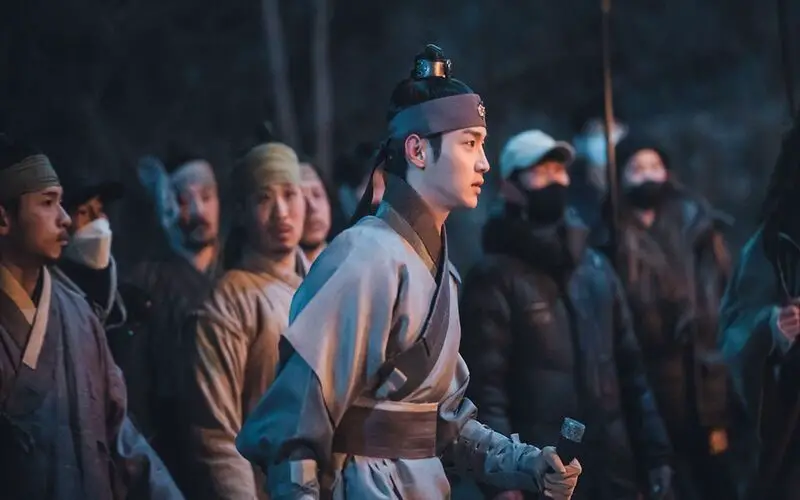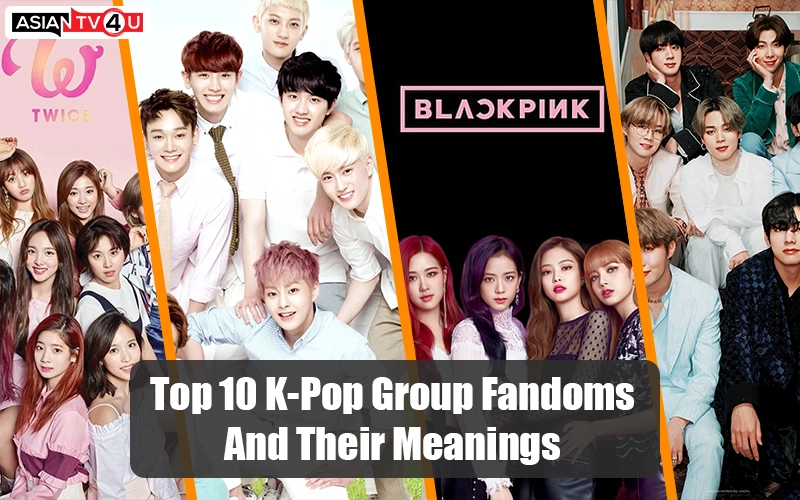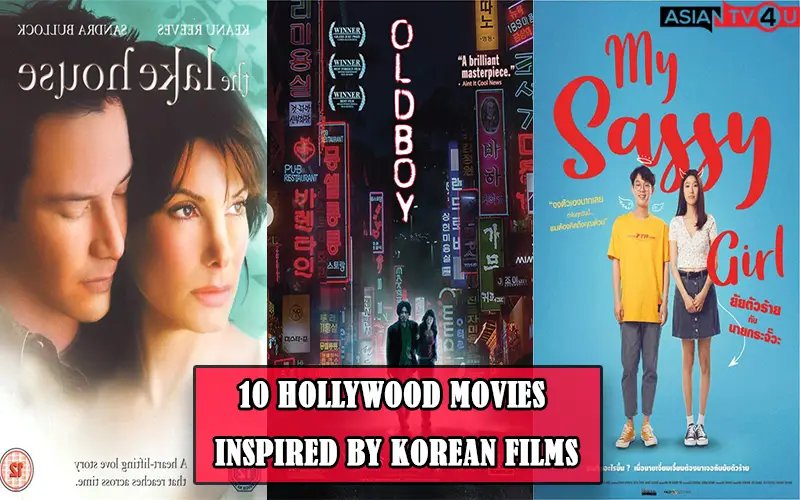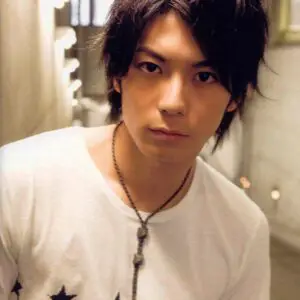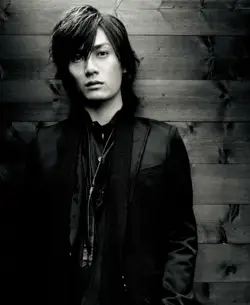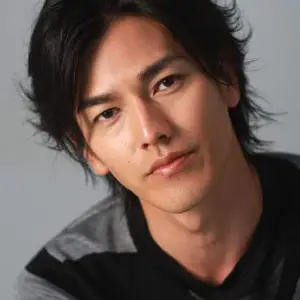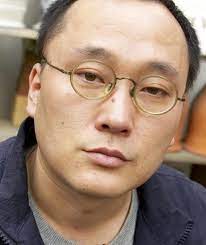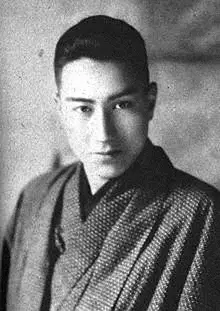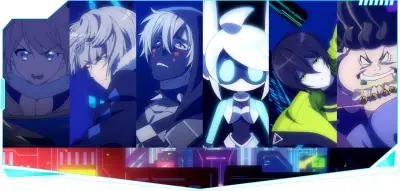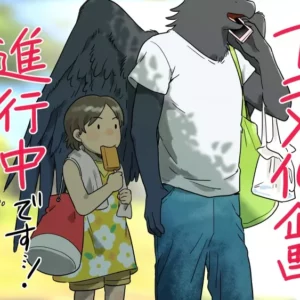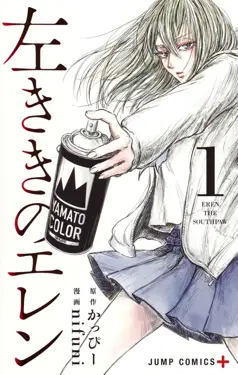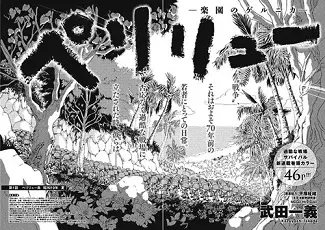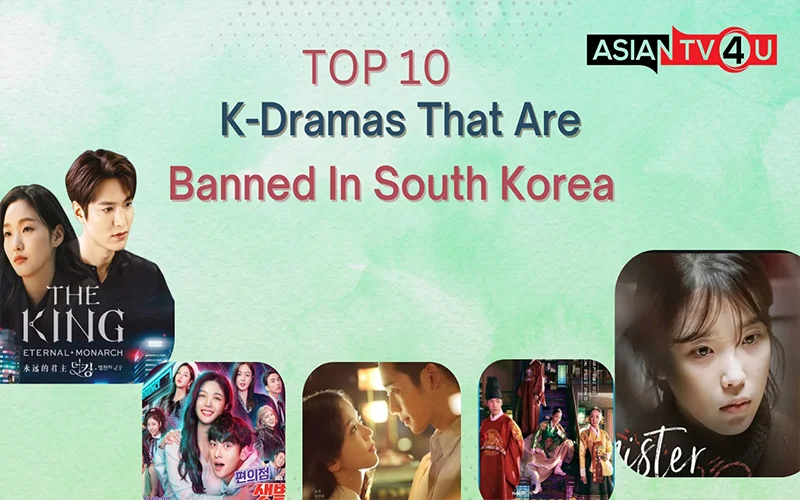
Many South Korean television series have been banned recently because of their controversial content. These restrictions have provoked discussions about censorship and free speech in the nation. These restrictions emphasize South Korean TV producers' difficulties in making appealing material for viewers while upholding cultural and legal norms.
1. Mr Queen
Since the first episode aired, the TV show, which stars Shin Hye-sun and Kim Jung-hyun, has steadily gained popularity. Even considering the features of the drama, the drama denigrates the historical significance of cultural artifacts and intangibles such as the Joseon Dynasty records, the royal ancestral ritual at Jongmyo Shrine, and music, among other intangible cultural assets. Also, the play made viewers uncomfortable with its comedic depictions of actual historical figures and its distortion of the truth.
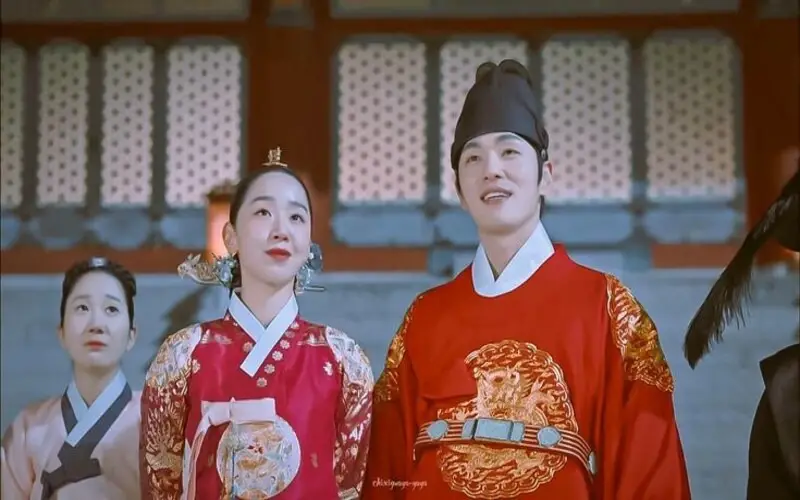
2. Backstreet Rookies
The sexually explicit webtoon of the same name, which was already famous, forms the basis of the drama. Before the program aired, the audience expressed their anxiety and worries, but the producers merely responded by promising a "family rom-com" instead of their fears. The plot centers on a teenage girl working part-time and an adult boss falling in love. The audience raised red flags already in the first episode. It had a young woman making out with and kissing an adult male, while another scenario featured prostitution (which is illegal in South Korea). The show depicted the young, underage protagonist begging a bystander to purchase her smokes. The show also added insult to injury for the audience by showing the female lead in an incredibly short skirt and shooting most of her moments from low angles.

3. My Mister
The play, which starred well-known South Korean superstars IU and Lee Sun-Kyun in critical roles, drew criticism from the general public due to the age difference between the two. The series didn't go over well with fans who were angry that the male lead was in his 40s while IU was in her 20s, even though the plot is about a platonic relationship and how the characters treat each other. IU getting severely abused by debt sharks was another scenario that received criticism.
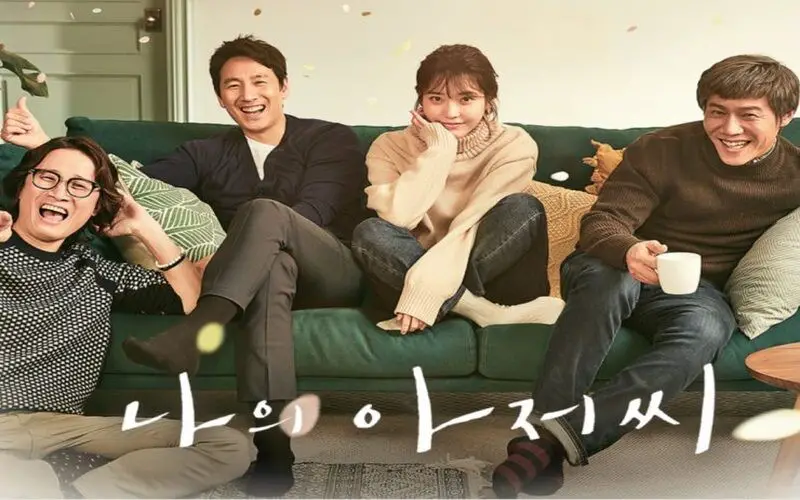
4. The King: Eternal Monarch
South Korea and its neighbor Japan need to get along better. South Koreans were very offended when the king's palace in the alternate universe of Korea featured Japanese architecture. A Japanese warship in a maritime battle scene between Japan and the Kingdom of Korea resembled an actual Korean warship. The fact that the show depicted a battle between China and Korea is another justification for its suspension.
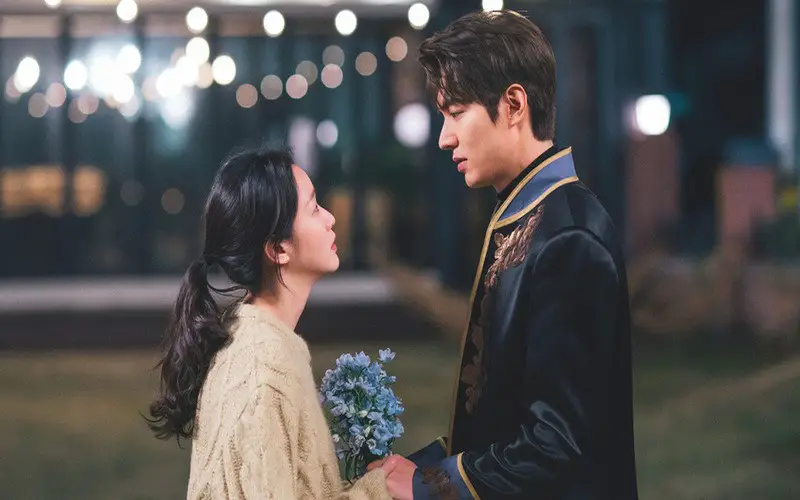
5. Snowdrop
Jisoo, a member of the well-known K-pop girl group BLACKPINK, made her acting debut in the web series with Jung Hae-in. Hae-in plays a spy from North Korea sent on a mission to South Korea. While there, he develops feelings for a college student participating in the uprising. The show takes place in 1987, a pivotal year in South Korean history for the Democratic Movement's attempt to topple the regime. The K-drama first garnered attention for all the right reasons, but after its broadcast, it came under fire for manipulating historical facts to fit the plot. Additionally, the audience expressed concerns about portraying a fictionalized agent from the Agency for National Security Planning (ANSP) as a heroic figure, despite the agency's numerous acknowledged transgressions.
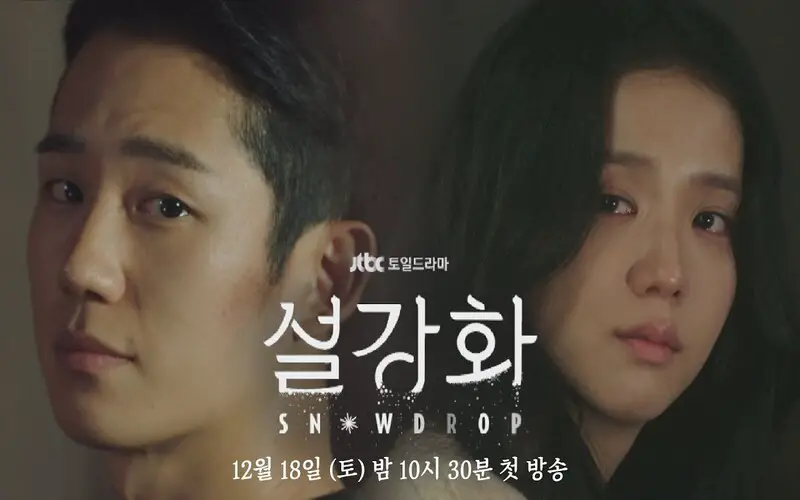
6. Pachinko
Due to the sexual assault shown, it was banned and not aired on any entertainment platforms in South Korea. Each scene's language provides a weight that enhances the mood, drama, and, most importantly, the emotions portrayed in this Korean narrative, which centers on Japanese colonization. Although the performers in Pachinko make it a memorable series, the compelling plot makes it a strong one. As Koh Hansu, Lee Min-ho is an exciting and commanding presence on film. Isak, played by Steve Sang-Hyun Noh, is a kind and forgiving breeze in Sunja's life.
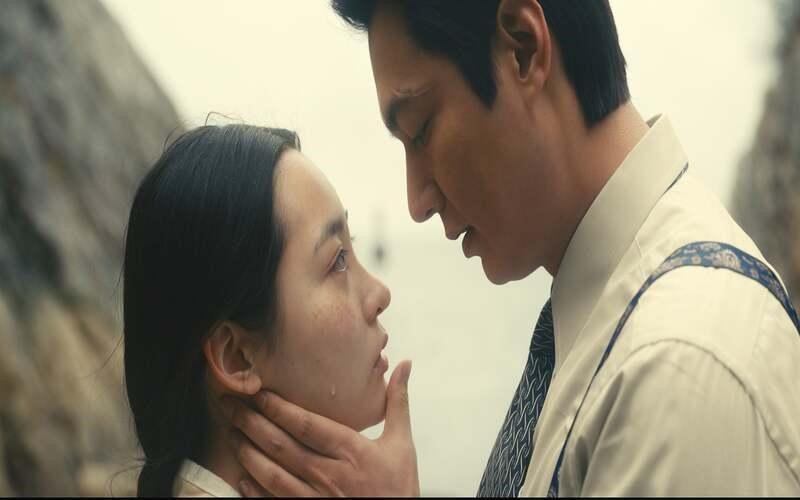
7. Eve
Although Eve is off to a fantastic start, several narrative elements turn off viewers and internet users. Due to its themes of murder, retribution, affairs, and a sex scene in the first episode, the K-drama gets a 19+ age classification. Fans of K-dramas know that sex scenes may be controversial, and Eve also addresses the dramatic age difference between its main protagonists. But age-gap aficionados are also worried about other things. Eve also emphasizes Ra-friendship el's with congressman Eun-Pyeong, who saw Ra-family el's break apart. Eun-Pyeong is also considerably older than Ra-el, who is only 15 years old in her flashbacks. He was thought to be in his mid-20s and was a practicing solicitor.
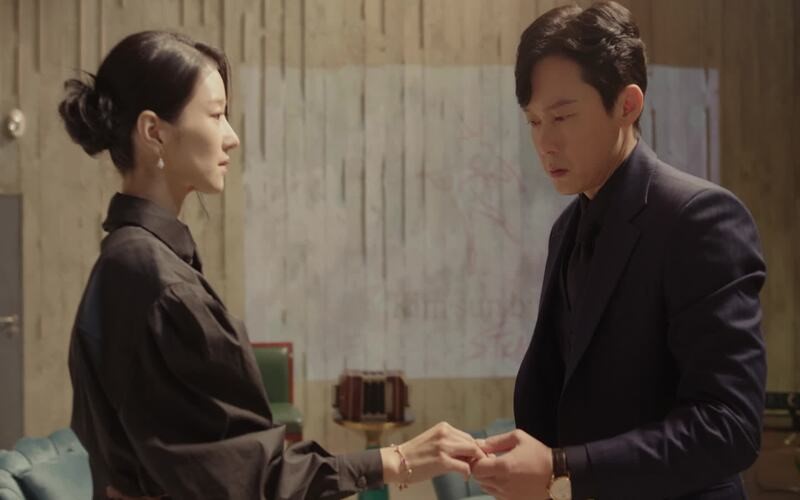
8. Nevertheless
Despite struggling to acquire a following in South Korea despite portraying sexual tensions and LGBT sentiments honestly, it has performed well abroad. The series' gorgeous photography more than makes up for its weak storyline. Despite its flaws, it previews future, more mature K-drama couples. The program has drawn criticism from some fans for its toxic masculinity. But possessive male characters have indeed plagued the most retrograde K-drama relationships.
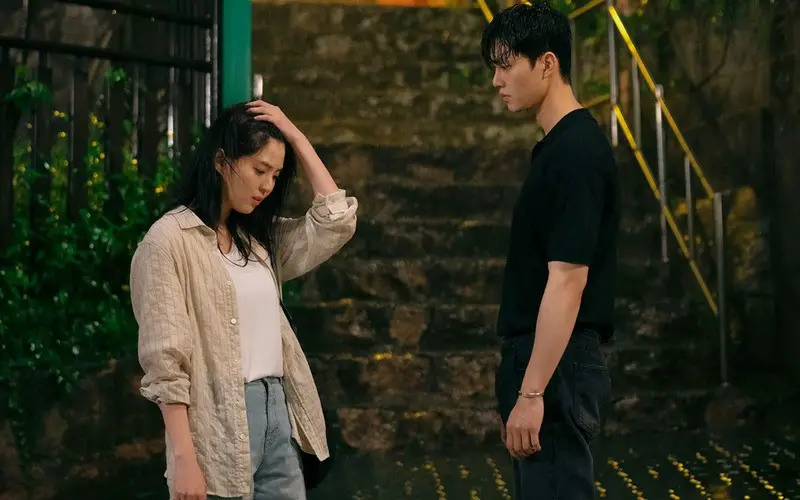
9. Man Who Dies To Live
The series faced an internet reaction and pleas to boycott it from Arabs and Muslims, who argued that it contained incorrect and demeaning portrayals of Islam culture. The purported scenes featured a lady lying next to a pool wearing a headscarf and a bikini and the main character sipping wine for breakfast. In addition, the poster showed the title figure stepping close to the Quran. In addition to emphasizing that Bodoantia is a fictitious nation, MBC has issued an official apology in Korean, English, and Arabic. They also announced at the start of episode 5 that they had deleted the contentious sequences from all IPTV and VOD platforms. The apology is included in the show's canon, as episode 5 opens with Count Saeed Fahd Ali addressing the audience via Arabic subtitles and expressing his respect for Muslim culture.
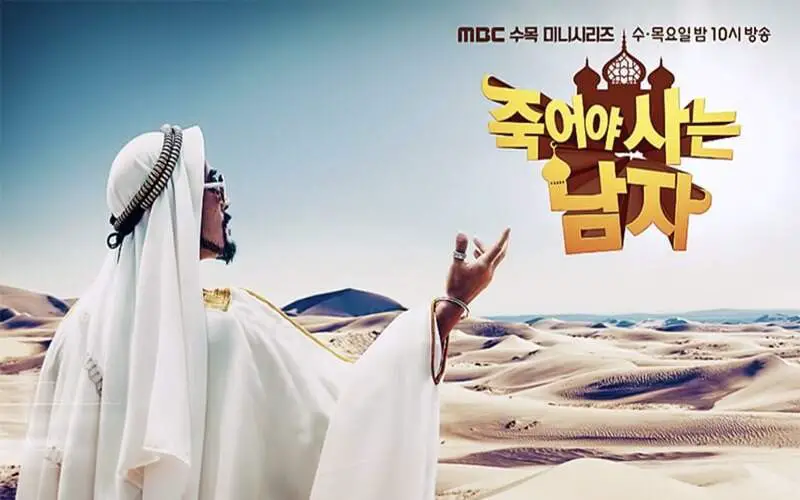
10. Joseon Exorcist
The first episode of the historical horror play instantly drew the audience's wrath. Its historical inaccuracy and the use of Chinese objects in a Korean-set series were the biggest complaints from viewers. While it is a fictitious and supernatural narrative, viewers are offended by King Taejong's depiction of a despotic ruler who massacres innocent people due to a delusion early in the first episode.
